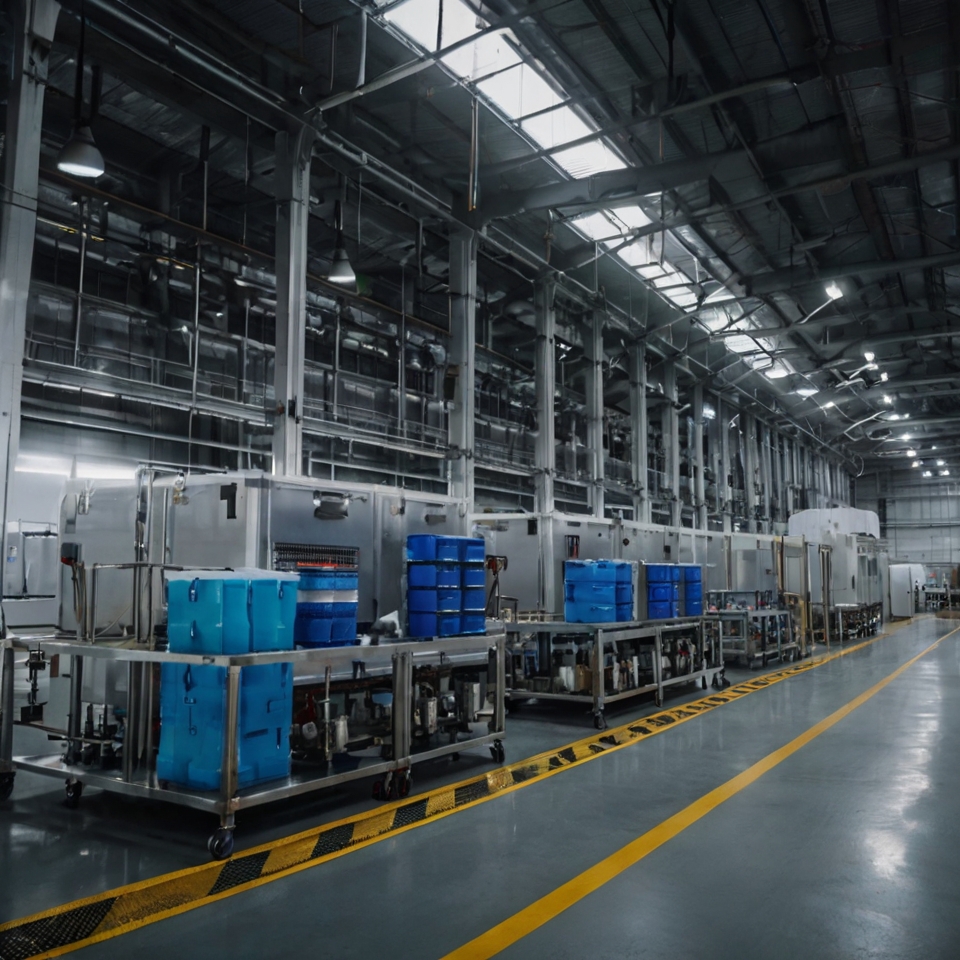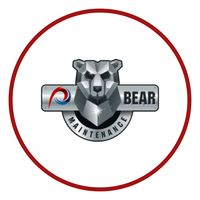In Illinois, where the weather can range from scorching summers to frigid winters, maintaining an efficient HVAC-R (Heating, Ventilation, Air Conditioning, and Refrigeration) system is crucial. Regular maintenance not only ensures comfort throughout the year but also extends the life of your equipment and saves on energy costs. In this guide, we’ll cover essential HVAC-R maintenance tips for Illinois homeowners and business owners to keep their systems running smoothly all year round.
The Importance of Regular HVAC-R Maintenance
Maintaining an HVAC-R system involves regular inspection, cleaning, and servicing to prevent breakdowns and optimize performance. Here’s why it’s essential:
- Enhanced Energy Efficiency: Well-maintained systems use less energy, resulting in lower utility bills.
- Extended Equipment Lifespan: Regular servicing can help prevent wear and tear, allowing the equipment to last longer.
- Improved Indoor Air Quality: Clean filters and ducts contribute to healthier indoor air by reducing dust, allergens, and pollutants.
- Reduced Risk of Breakdowns: Preventive maintenance can catch potential issues before they become costly repairs.
- Compliance with Regulations: For commercial settings, regular maintenance may be required to comply with local HVAC-R regulations.
Seasonal HVAC-R Maintenance Tips
In Illinois, HVAC-R systems must be prepared for both hot and cold weather. Follow these seasonal maintenance tips to keep your system in optimal condition:
Spring and Summer Maintenance
As temperatures begin to rise, focus on cooling system maintenance to ensure your air conditioning and refrigeration units are ready for the heat.
- Check and Clean Air Filters: Dirty filters restrict airflow and reduce efficiency. Replace filters every 1-3 months during high usage periods to maintain proper airflow.
- Inspect Refrigerant Levels: Low refrigerant levels in air conditioning units can lead to poor cooling and higher energy consumption. Have a professional check for leaks and refill the refrigerant if necessary.
- Clean the Condenser Coils: Outdoor condenser coils can accumulate dirt, grass, and debris, reducing cooling efficiency. Clean the coils and ensure there is at least two feet of clearance around the outdoor unit.
- Test the Thermostat: Ensure the thermostat is calibrated correctly and set to a comfortable temperature. Consider upgrading to a programmable or smart thermostat to optimize energy use.
- Check Electrical Connections: Loose or corroded connections can cause the system to malfunction. Inspect wiring and connections, and tighten or replace any that are worn out.
Fall and Winter Maintenance
As the weather cools down, prepare your heating system to keep warm during the cold Illinois winters.
- Inspect the Furnace and Heat Pump: Clean and inspect the furnace and heat pump for any signs of damage or wear. Make sure the burners are clean and the heat exchanger is functioning correctly.
- Test Carbon Monoxide Detectors: Since heating systems can pose a risk of carbon monoxide leakage, ensure that detectors are in working order and replace batteries as needed.
- Check the Pilot Light and Ignition System: For gas furnaces, ensure the pilot light is burning blue (not yellow) and that the ignition system is reliable. If it struggles to ignite, have a professional service it.
- Seal Ducts and Vents: Leaky ducts can lead to heat loss and higher energy bills. Seal any visible leaks in ductwork and make sure all vents are open and unobstructed.
- Lubricate Moving Parts: Heating systems have components such as blower motors that should be lubricated to reduce friction and wear.
Year-Round HVAC-R Maintenance Practices
Certain maintenance tasks should be carried out throughout the year to ensure consistent system performance:
- Schedule Professional Inspections Twice a Year: Have a certified HVAC-R technician inspect your system in the spring and fall to catch potential problems early and ensure peak efficiency.
- Maintain the Outdoor Unit: Keep the area around the outdoor unit clear of leaves, debris, and snow to allow for proper airflow. Clean the unit regularly to prevent buildup.
- Monitor System Performance: Pay attention to unusual noises, inconsistent temperatures, or increased energy bills, as these could be signs of issues that need immediate attention.
- Replace Filters Regularly: Regardless of the season, air filters should be replaced every 1-3 months to keep the system running efficiently and to maintain good indoor air quality.
Commercial HVAC-R Maintenance Considerations
For businesses in Illinois, HVAC-R maintenance is crucial for employee comfort, customer satisfaction, and operational efficiency. Here are some additional tips for commercial settings:
- Set Up a Preventive Maintenance Contract: Many HVAC-R companies offer maintenance agreements that include regular inspections and priority service. This can be especially beneficial for businesses that rely heavily on refrigeration, such as restaurants and supermarkets.
- Ensure Compliance with Local Codes: HVAC-R systems in commercial buildings must meet specific energy efficiency standards and safety regulations. Regular maintenance can help keep systems up to code and avoid fines.
- Upgrade Aging Equipment: If your HVAC-R system is over 10-15 years old, it may be time to consider an upgrade. Newer systems are more energy-efficient and can save on long-term operational costs.
- Monitor Refrigerant Use: For refrigeration units, check refrigerant levels regularly and use leak detection technology to prevent losses and comply with environmental regulations.
DIY vs. Professional HVAC-R Maintenance
While some maintenance tasks can be done by the owner, such as replacing air filters and cleaning around the outdoor unit, others should be left to professionals:
- Professional Maintenance Tasks: Refrigerant handling, electrical inspections, and major repairs should always be performed by a certified HVAC-R technician to ensure safety and compliance.
- DIY Tasks: Simple tasks like changing filters, cleaning vents, and clearing debris from the outdoor unit can be done by the owner to help maintain the system between professional visits.
Choosing the Right HVAC-R Service Provider in Illinois
Selecting a reliable HVAC-R service provider is essential for quality maintenance. Consider the following when choosing a service company:
- Certification and Licensing: Make sure the company is certified and licensed to perform HVAC-R work in Illinois.
- Experience and Specialization: Look for providers with experience servicing your specific type of HVAC-R system, whether residential, commercial, or industrial.
- Customer Reviews and Reputation: Read online reviews and ask for references to gauge the company’s reputation.
- Service Agreements: Choose a company that offers preventive maintenance contracts for regular inspections and priority service.
Conclusion
Regular HVAC-R maintenance is essential for staying comfortable, saving on energy costs, and extending the life of your equipment in Illinois. By following seasonal maintenance tips, implementing year-round best practices, and working with a professional HVAC-R service provider, you can ensure that your system operates efficiently throughout the year. Whether for your home or business, proactive maintenance is key to avoiding unexpected repairs and keeping your space comfortable no matter the weather.

